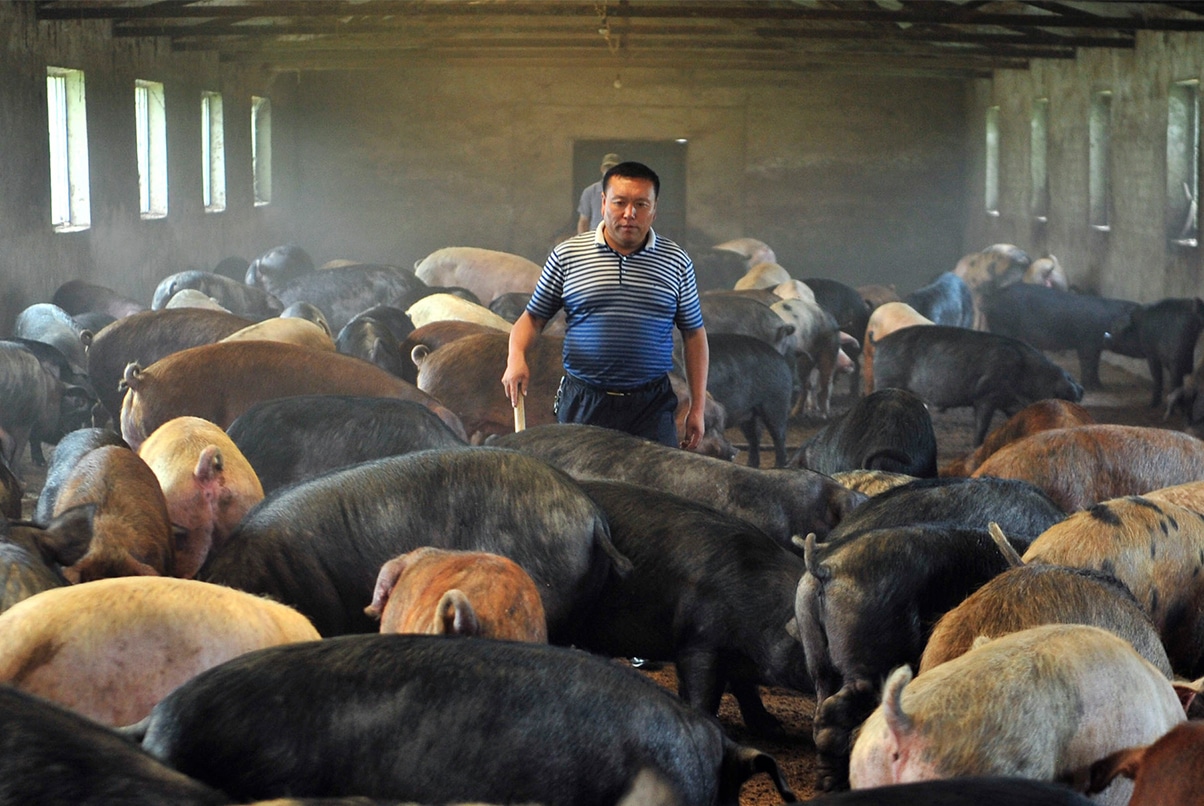- June 9, 2013
US-China Trade and Investment in Meat
Eastern China has the world’s greatest concentration of pigs, poultry, and people. This situation is an ideal environment for the development and mutation of new animal diseases. Animal density has also caused environmental pollution. And while the Chinese government has attempted to deal with this situation by encouraging the replacement of backyard animal feeding with confinements, the shift from using household and restaurant waste as animal feed to a diet based only on commercial feed has exacerbated the feed scarcity problem while not yet reducing the disease problem. As a result of these systemic disease problems, China and the countries surrounding it have experienced a reduction in the productivity of the sow herd. The short- term answer to this situation has been to add more breeding stock, but this may only make the disease problem even worse.
Bluntly put, this situation is unsustainable for the Chinese government, the country’s agricultural sector, and especially Chinese consumers who are demanding more and competitively priced animal protein in their diet. Indeed, as China’s animal protein requirements continue to rise, the country will have to rely more heavily on global markets to assure supplies, not just import feed.
Stay Updated with MacroPolo
Get on our mailing list to keep up with our analysis and new products.
Subscribe

